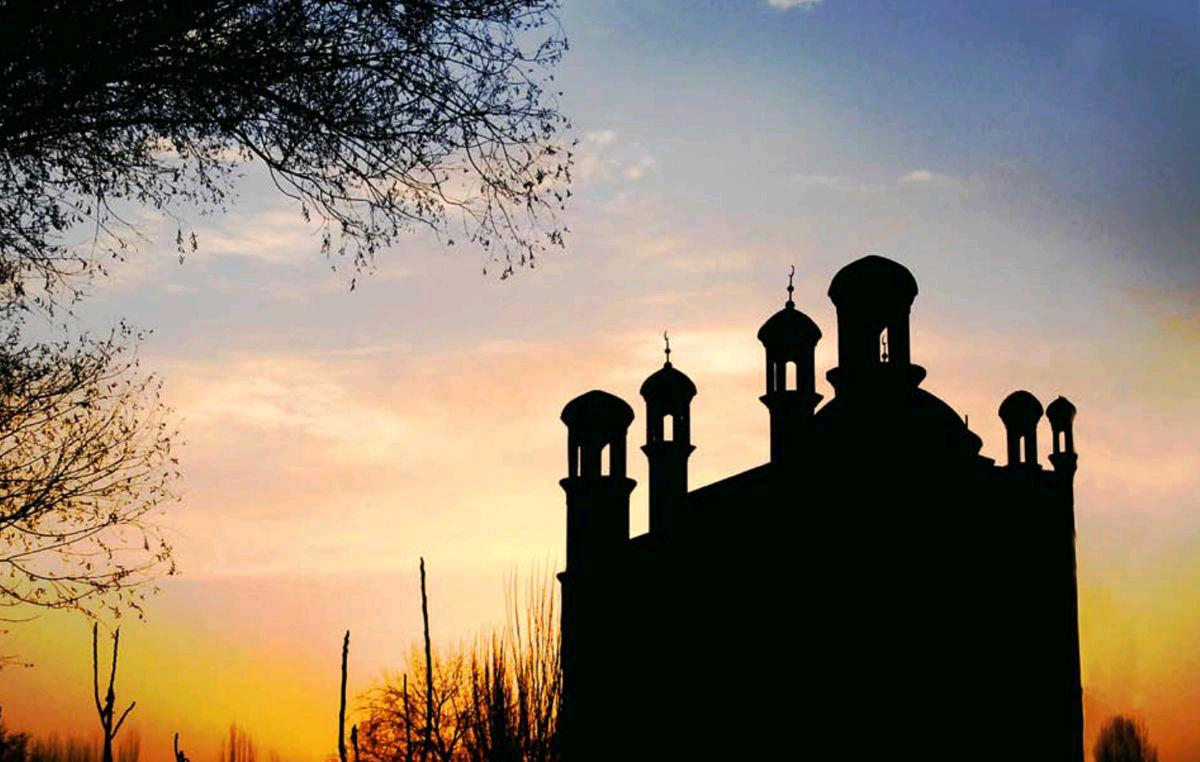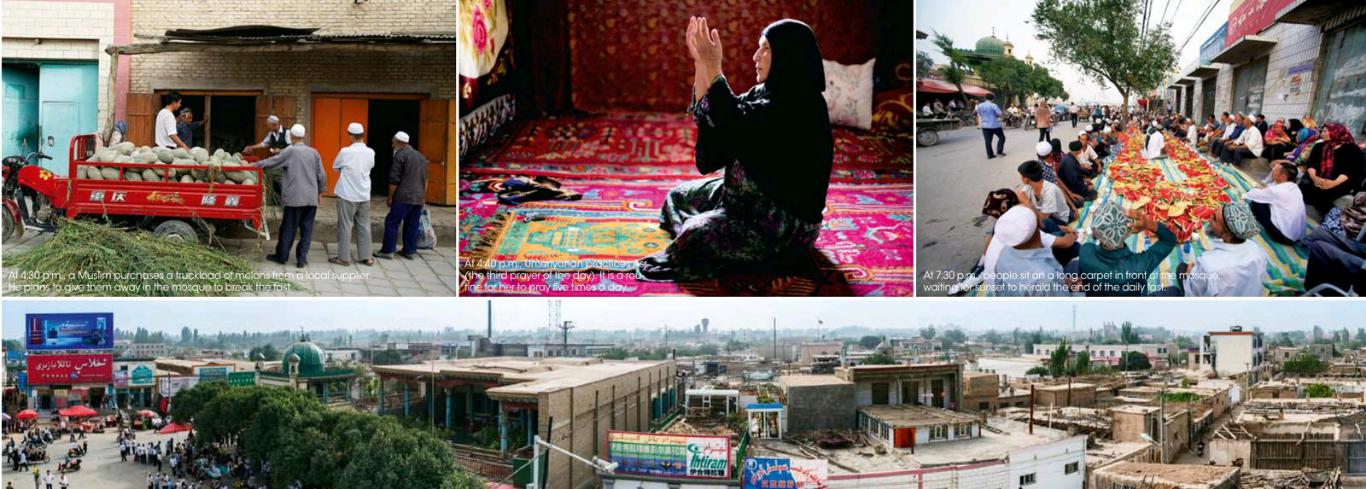A Day of Ramadan
2014-09-11byKurbanjanSamat
by+Kurbanjan+Samat

For Muslims, Ramadan is the holiest month of the year, and fasting during the festival is considered one of the Five Pillars of Islam. Although it is a normal religious practice for Muslims, the Ramadan fast can seem mysterious to those who are unfamiliar with it. In fact, Ramadan is all about piety and charity.
Many natives of Chinas Xinjiang Uygur Autonomous Region are Muslims. As a native of Hotan, Xinjiang, I am one of them. When I was young, I practiced Ramadan fasting in my hometown. Even after I moved elsewhere, I continued fasting during Ramadan if possible. By taking pictures of the ritual, I hope to show how Muslims spend Ramadan.
On August 1, 2013, I arrived in southern Xinjiangs Kucha County, where I recorded how local Muslims spent the days of Ramadan. On the Islamic calendar, Ramadan is the ninth month and usually lasts 30 days. Eid al-Fitr (literally, “Festival of Fast Breaking”) marks the end of Ramadan. Historical records reveal that fasting in the month of Ramadan became obligatory for Muslims in the eighth month of the second year after Muhammad, the founder of Islam, migrated from Mecca to Medina.
Ramadan is considered the most sacred month on the Islamic calendar. During the month, fasting is obligatory for adult Muslims, except those who are ill, traveling, pregnant, breastfeeding, diabetic or menstruating, as well as soldiers involved in war. While fasting from sunrise until sunset, Muslims refrain from consuming food, drinking liquid, smoking, and engaging in sexual activity, as well as any other behavior which could be perceived as sinful. Besides a religious obligation, fasting during Ramadan is also considered by Muslims a chance to strengthen their self-control and purify their soul, so they can dispel evil thoughts and seek virtue.
The beginning and end of Ramadan are both based on the appearance of the moon, specifically a crescent shape. For this reason, start of Ramadan can vary in different countries. The Islamic year has 355 days, about 10 days shorter than the Gregorian calendar. So, Ramadan has no fixed date on the Gregorian calendar. This years Ramadan began on June 29. It happened to fall at the height of summer, when days are the longest. In Kucha, Muslims fast from 3 a.m. until 8 p.m. when the sun finally goes down.
Most local Muslims adjust their regular wakeup and bed times during Ramadan. Before dawn, they rise to prepare a pre-dawn meal. After the meal, they begin Fajr (which starts off the day and should be performed before sunrise) and recite the Quran. A devout Muslim prays five times daily, and the prayers are respectively known as Fajr, Dhuhr, Asr, Maghrib, and Isha. After Fajr, they go back to sleep for a while. Shops dont open until afternoon, and restaurants in Muslim-inhabited areas open only when fasting ends with the sunset. Even those who arent fasting wouldnt lunch at those restaurants out of respect for the custom.
Not until 2 p.m. after Dhuhr do local Muslims begin their secular daily activities. Women perform housework and sewing. Along with routine chores, they also begin preparing food for Eid al-Fitr.
Around 7:30 p.m., men and women gather at the gate of a mosque. With elders sitting in the middle, they chat while waiting for sunset to herald the end of the daily fast. Wealthier worshipers place long carpets on the ground and prepare melons, nang (traditional Xinjiang flatbread), and pilaf for the poor. The foods vary every night. During the month of Ramadan, most of the wealthy offer help to those in need as much as possible. Fasting during Ramadan not only makes Muslims more devout, but also enhance the intimacy between various adherents.
At 8 p.m., after the sun dips below the horizon, the chants of prayers begin reverberating through the air above Kucha. Raising their hands towards the sky, Muslims recite words of praise for Allah, thanking him for the peace and food he has bestowed them. In the mosque, people share simple but delicious food with each other.
Such a day repeats throughout Ramadan, a month of fasting and gratitude.
